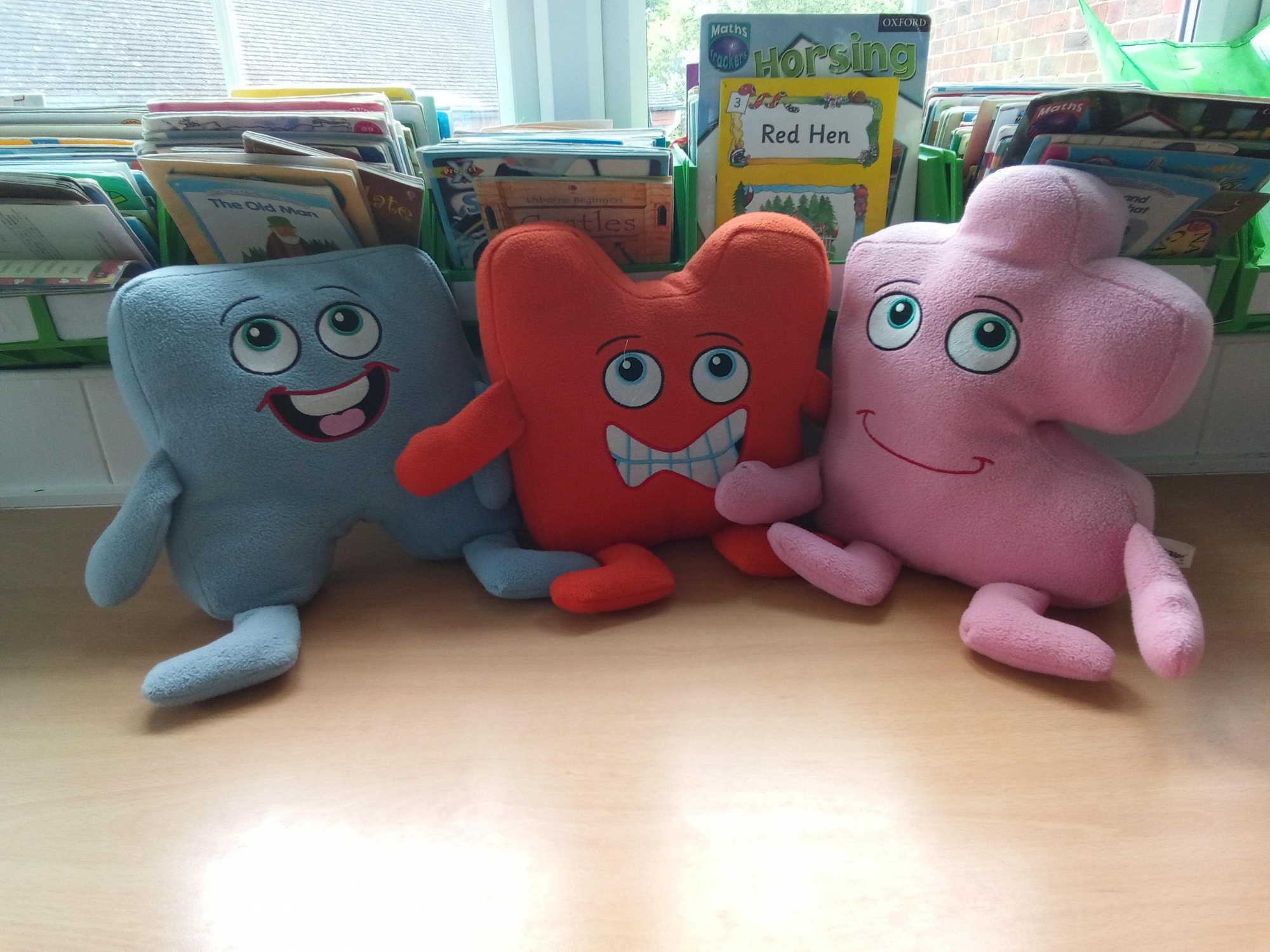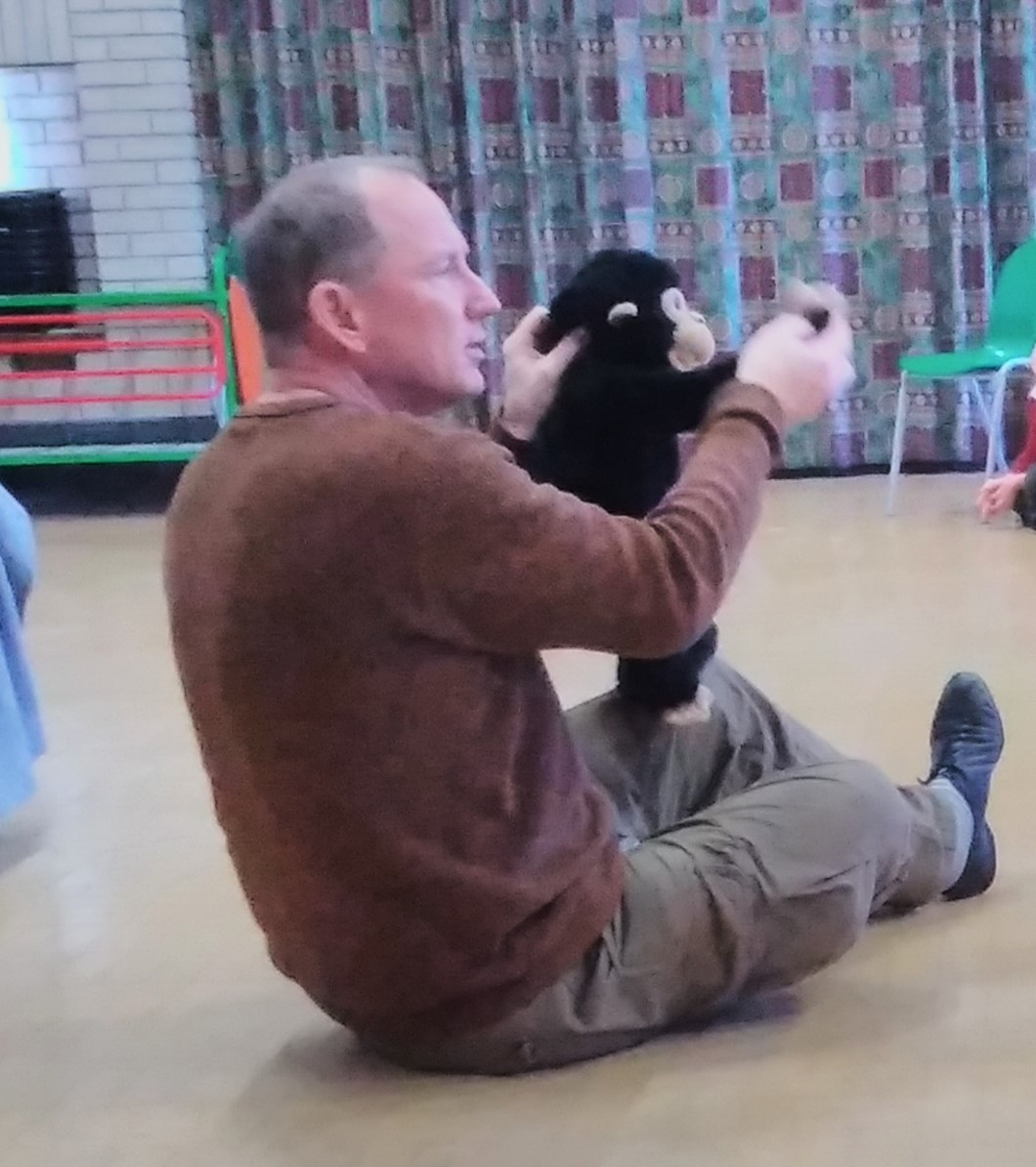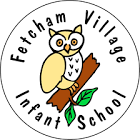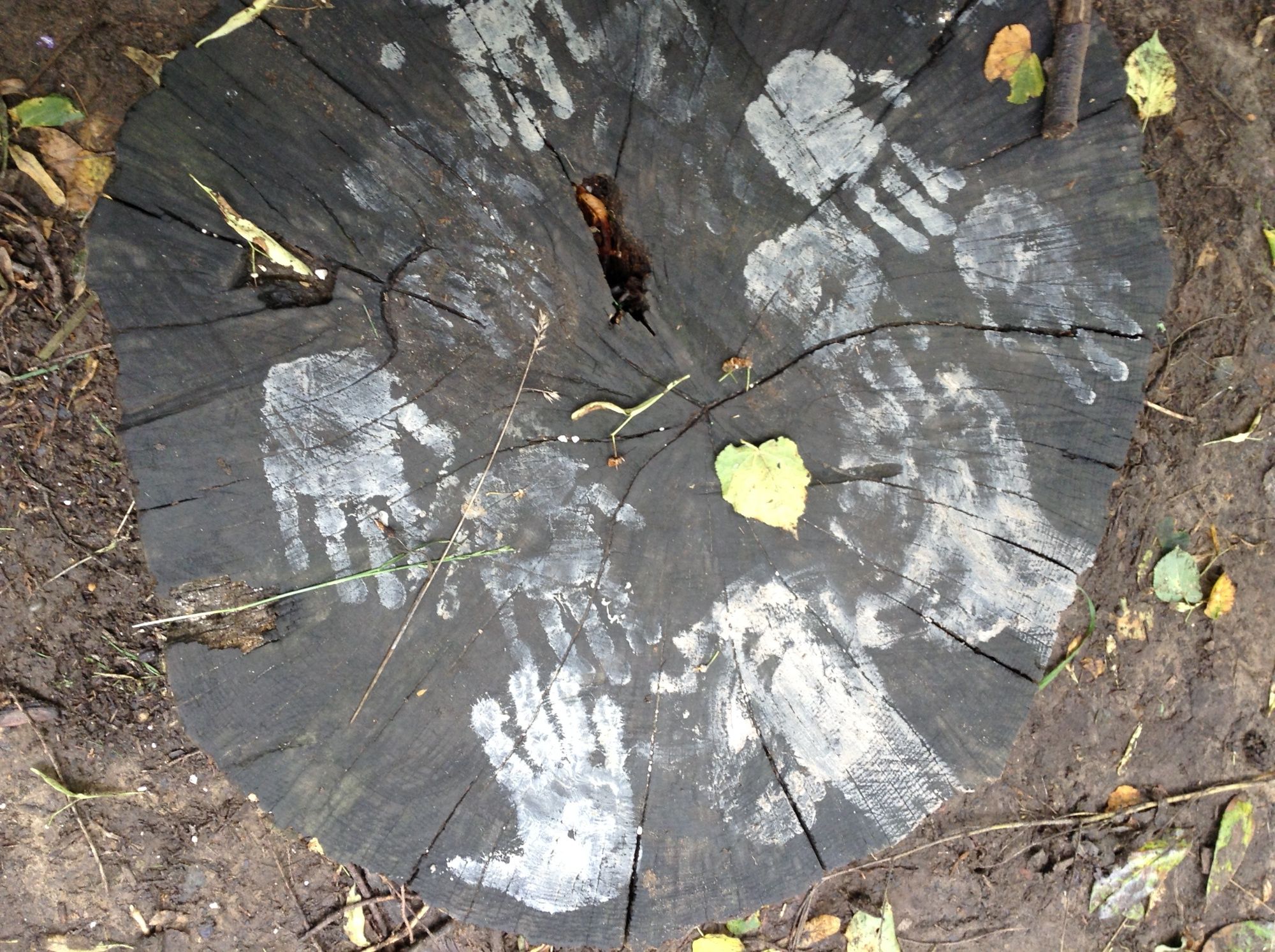PSHRE (Personal, Social, Health, Relationships Education)



At Fetcham Village Infant School, we believe that teaching children to understand and love themselves and others, is an attribute that all children should leave us with. PSHRE is appreciated as one avenue to guide our children in understanding their Spiritual, Moral, Social and Cultural responsibilities. Our own school values are referred to and modelled in all areas of school life, and closely linked to those specifically taught in PSHRE sessions. Our values have been carefully considered in order to equip all of our children to be active Global citizens. In order for all of our children to live happy, healthy, safe and responsible lives, we show children how to; care for themselves, to value and respond to others, to express their own and others’ views and opinions, learn about their rights and responsibilities that follow and make a positive impact in the world they live. Our PSHRE curriculum is one that is consistently progressive, and ensures that all children are taught relevant skills in which they can apply to all areas of their lives. Our fully inclusive lessons offer children the time to reflect, share, value, listen and learn new skills.
The values of PSHRE underpin everything we do at Fetcham Village Infant School. As a subject in its own right, and the philosophy it entails, PSHRE is highly valued by our whole school community. PSHRE is taught both discretely and indiscreetly. Staff believe that the ethos and values cannot be kept exclusive to the classroom environment, and agree that the skills and attributes referred to during lessons are consistently referred to by both staff and students in all areas of the school day. It is a central belief that there are many opportunities to develop a child’s understanding of the world around them. We grasp these opportunities and teach to our children’s needs.
The extensive funding and effective implementation for the ‘Jigsaw’ scheme of work, which is mapped out and taught in all classes at Fetcham Village Infant School, reflect this shared appreciation. ‘Jigsaw’ lessons are taught to all children once a week. The scheme is regularly reviewed as to whether it matches the PSHE Association and Government RSE and Health Curriculum Guidance and staff are encouraged to tailor lessons to their own children’s needs. All lessons deliberately focus on promoting the fundamental British Values of democracy, the rule of law, individual liberty and mutual respect and tolerance of those with different faiths and beliefs. These values are then promoted in every area of school life.
Children learn about relationships, how to prosper in their community, how to make and achieve goals, the importance of celebrating difference and similarities, how they change, and how to make sensible choices to take care of themselves and others. Lessons follow a clear progression of skills and cover all areas of development, with strong emphasis on emotional literacy, building resilience and nurturing mental and physical health. All lessons adopt a similar pedagogy, with a Mindfulness introduction. In order to prepare children for challenges ahead, Mindfulness teaching builds their emotional awareness, concentration and focus.
The scheme was chosen by the school as it reflects our own school drivers and values which are consistently referred to during lessons. These half termly school values are highlighted and discussed regularly during shared worship time, and referred to constantly during weekly celebration events.
Assessment is a key component in the high quality of teaching PSHRE at Fetcham Village Infant School. Teachers make good use of formative and summative assessment.
As lessons are taught by class teachers, lessons can be adapted to meet the changing needs of the children. In these cases, teachers will use their own judgement to assess when delivery of a certain area is most relevant.
Teachers are confident in using Jigsaw to differentiate activities within their lessons to support all children to achieve. Teachers are able to talk about the progress of the children within their class and identify their next steps. Children also understand the need to self-assess their own progress.
Summative assessment is used to document progress and provide more formal guidance on next steps for learning. Teachers in Reception use the Early Years Framework to guide their judgements, with a specific focus on the Personal, Social and Emotional Development Prime Area. PSHRE sessions, however, allow children to develop all three prime areas, but strengthen them by applying them within the four specific areas too. In Key Stage One, teachers are guided by the National Curriculum statements. To record their evidence, teachers use Insight to document progress. Progress is then discussed between class teachers, Year Group Leads, the SENCO and SLT.

